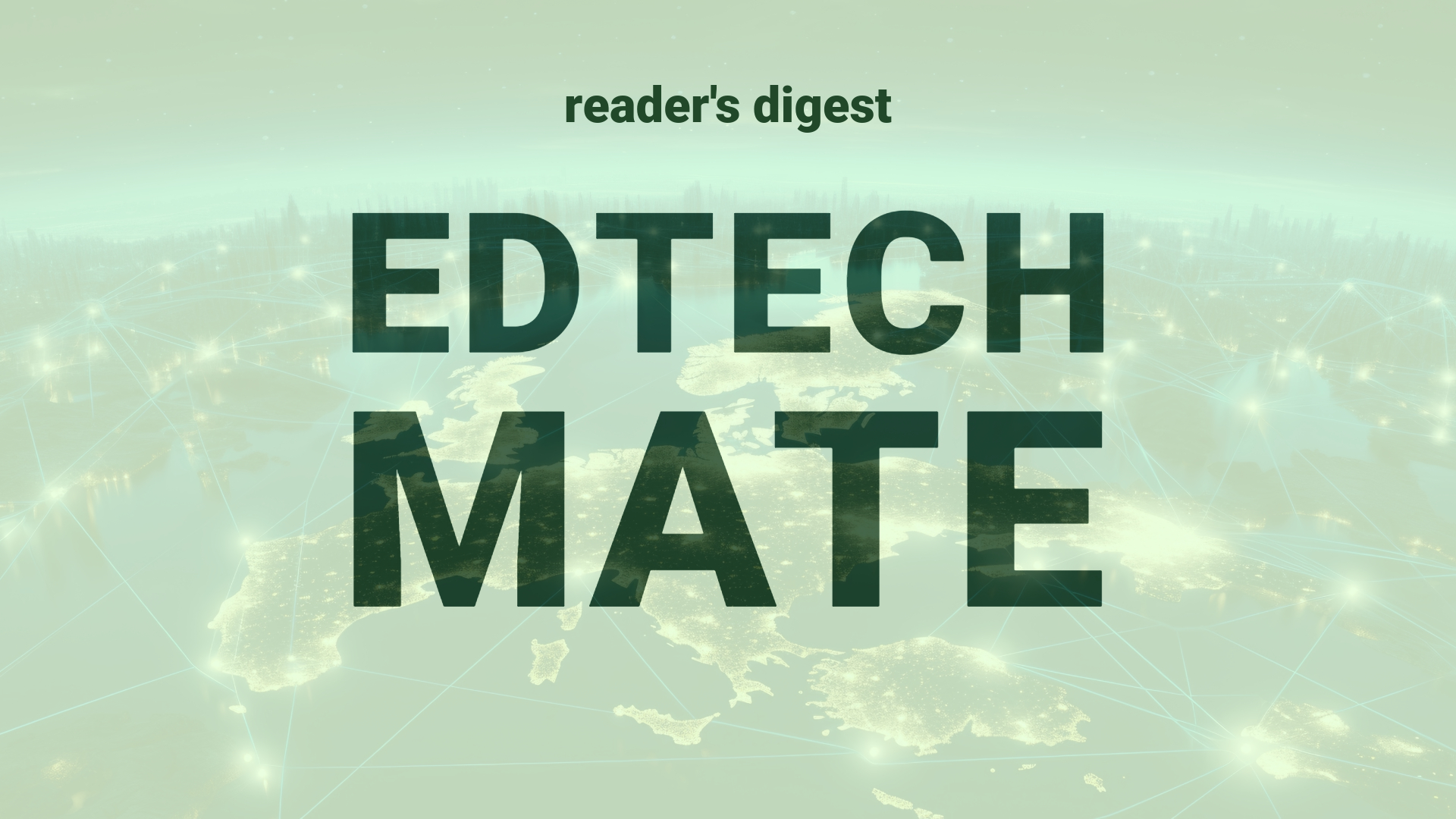Executive Summary and Main Points
In the continued expansion of the Microsoft AppSource ecosystem, 193 new offerings have successfully met the onboarding criteria, including diverse applications ranging from AI for schools and HR solutions to advanced healthcare documentation and aerospace operations management. Key trends in app development are focusing on AI integration, digital transformation for various sectors such as healthcare, education, and manufacturing, and the enhancement of operational efficiency and insights through data analytics and management tools.
Potential Impact in the Education Sector
The introductions of AI tools for schools and higher education institutions like Buddiz and apps like ChatGPTeMail for Microsoft Outlook hold the potential to revolutionize administrative duties, lesson planning, and personalized learning experiences. Through strategic partnerships and digitalization initiatives, further education, higher education, and micro-credentialing could experience enhanced engagement, streamlined communication processes, and real-time data-driven decision-making in pedagogical strategies.
Potential Applicability in the Education Sector
Innovative applications such as interactive chatbots embedded in lesson planning can simulate dynamic learning environments, provide supplementary support, and render insights into student performance metrics. Tools like Icon Map Pro may be leveraged for geospatial data education, and HR Suite 360 serves as an application for managing human capital—including academic staff—efficiently within educational institutions globally.
Criticism and Potential Shortfalls
While innovations are promising, their introduction brings challenges such as data privacy concerns, potential technology biases, and the digital divide where unequal access to technology impacts implementation. Real-world examples include the scrutiny pertaining to AI ethics and the need for robust security protection in apps to prevent data breaches in sensitive environments such as healthcare and education.
Actionable Recommendations
For effective implementation of these technologies, educational leadership should conduct structured training for educators and administrators, invest in robust cybersecurity measures, and promote equitable access to digital tools. Strategic engagement with technology firms to develop tailor-made solutions for education institutions and the creation of sandbox environments to pilot new tools before full-scale adoption are suggested approaches.
Source article: https://techcommunity.microsoft.com/t5/marketplace-blog/new-on-microsoft-appsource-june-7-13-2024/ba-p/4157310

